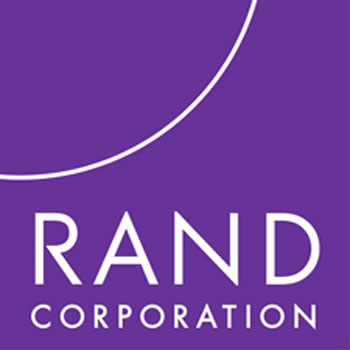| When Secretary Rumsfeld applied the terms of the Geneva Conventions to the MeK by granting its members the poorly understood yet evocative status of protected persons, his decision was viewed as a willful rejection of the group’s terrorist status. |
 The MeK Has Not Been Treated as a Terrorist Organization
The MeK Has Not Been Treated as a Terrorist Organization
Throughout OIF up to the present day, the MeK has remained on the U.S. list of FTOs. Yet several military and civilian leaders have made controversial public statements of support for the MeK, and, as discussed later in this chapter, coalition forces consistently failed to assert control over or dismantle the group. These statements and failures have exposed the coalition, and particularly the United States, to criticism that it is treating the group as a possible ally and intelligencegathering resource rather than as an FTO. U.S. relationships with the GOI and the IRI have been further complicated because of uncertainties regarding the nature of the connection. This is especially true in the case of the IRI, which suspected that the United States intended to use the MeK as ally in a regime-change action against Iran. Through this uncertainty, the United States has exposed itself to accusations of hypocrisy in its war on terrorism.
To some extent, this situation is a result of the Bush administration’s approach to international humanitarian law (the law of armed conflict). The Geneva Conventions apply to everyone, including terrorists.
Their rules on detention allow both the detention of individuals who present an imperative threat of terrorism and the criminal prosecution of terrorists. By creating an unnecessary exception to the Geneva Conventions in the case of Al Qaeda and the Taliban and then placing foreign insurgents and terrorists in Iraq into that category, DoD was essentially trapped into making legal-status decisions that the public would incorrectly interpret as a dichotomy: Terrorists were “illegal” or “unlawful” combatants not protected by the Geneva Conventions; therefore, anyone protected by the conventions must not be a terrorist.
In addition, when Secretary Rumsfeld applied the terms of the Geneva Conventions to the MeK by granting its members the poorly understood yet evocative status of protected persons, his decision was viewed as a willful rejection of the group’s terrorist status.
Neither the United States nor the coalition forces made any serious attempt to counter mistaken impressions about their relationship with the MeK through broad-based communication programs aimed at policymakers and the public. Given the abundance of rhetoric that the U.S. government devotes to promoting its antiterrorism message, it would have been a good idea to direct some of that energy to mitigate this destructive misperception of its stance toward the MeK.
